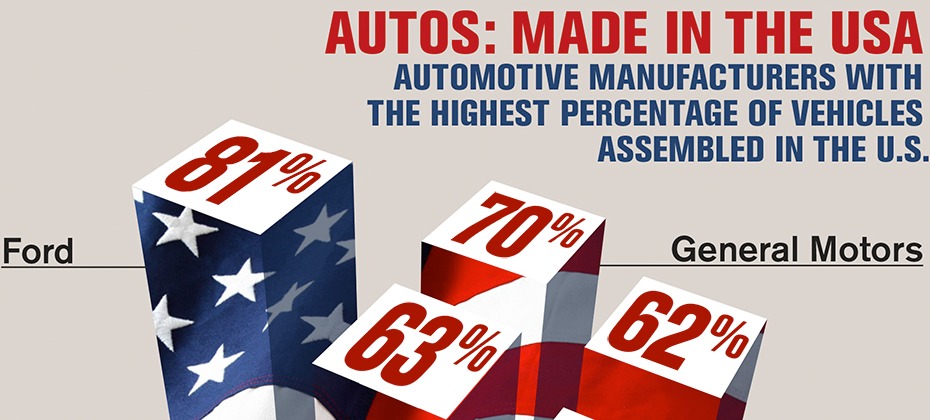
At Experian, we often say our people are our biggest superpower – and today, I’m thrilled to share that this belief has been recognised once again. Experian has been named one of the 2025 World’s Best Workplaces™ by Fortune and Great Place to Work® for the second year in a row.
This achievement reflects the culture we’ve built together – one that’s welcoming, inclusive, and rooted belonging. It’s a celebration of every colleague who brings their whole self to work, who lifts others up, and who powers opportunities for our clients, consumers, and communities.

We’ve made it our mission to create a workplace where everyone feels included, respected, and empowered. That’s why we’re proud to have earned top scores on the Corporate Equality Index and the Disability Equality Index, and to be recognised with the Outie Award for Workplace Excellence and Belonging.
These recognitions matter. But what matters most is how our people experience life at Experian. Whether it’s collaborating, innovating, or growing through world-class development of products, services and contributing to our communities, our culture is designed to help everyone thrive.
We’ve also made bold commitments to career development. Initiatives like Global Careers Week, the AI-driven performance coach Nadia, and the NextGen Forum – a global leadership development programme for emerging talent from across our regions – give our people the resources to take charge of their growth and build a “One Experian” mindset.
Being named one of the World’s Best Workplaces is a moment to celebrate but also a reminder to keep aiming higher. The world of work is evolving fast, and so are we. From embracing AI to enhancing our digital workplace experience, we’ll continue to push forward and listen to our people every step of the way.
Questions we will discuss:
- What does “retirement readiness” mean to you, and how can someone tell when they are financially ready to retire?
- Is there a magic number for retirement savings, and what factors should someone consider when setting a retirement goal?
- How can someone estimate their retirement expenses realistically?
- What are some common myths or misconceptions about how much money you need to retire?
- How should Gen Z, Millennials, and Gen Xers each approach retirement planning differently based on their stage of life?
- What are the biggest obstacles people face when trying to save for retirement, and how can they overcome them?
- How can you balance saving for retirement with paying off debt or supporting family today?
- What tools, calculators, or strategies can help people figure out if they’re on track for retirement?
- How can people prepare for unexpected costs or life changes that could impact their retirement plans?
- What’s one piece of advice you’d give someone just starting—or restarting—their retirement savings journey?
| Columns 1 | Column 2 | Column 3 | Column 4 |
|---|---|---|---|
| Row 1 Col 1 | |||
| Row 2 Col 1 | |||
| Row 3 Col 1 | |||
| Footer 1 | Footer 2 | Footer 3 | Footer 4 |

Credit Chat
Stretching your Dollars: Practical Tips to Cut Costs and Save More
February 5, 2025 3-4 PM ET
- What does “retirement readiness” mean to you, and how can someone tell when they are financially ready to retire?
- Is there a magic number for retirement savings, and what factors should someone consider when setting a retirement goal?
- How can someone estimate their retirement expenses realistically?

Greater transparency in buy now, pay later activity is key to helping consumers build their credit histories and supporting responsible lending. We have members of the military right now right out of high school and there’s not a lot of experience managing their own money. They’re quickly thrust into a place where they don’t have a support system to do that. We have members of the military right now right out of high school and there’s not a lot of experience managing their own money. They’re quickly thrust into a place where they don’t have a support system to do that. We have members of the military right now right out of high school and there’s not a lot of experience managing their own money. They’re quickly thrust into a place where they don’t have a support system to do that. We have members of the military right now right out of high school and there’s not a lot of experience managing their own money. They’re quickly thrust into a place where they don’t have a support system to do that. We have members of the military right now right out of high school and there’s not a lot of experience managing their own money. They’re quickly thrust into a place where they don’t have a support system to do that.
Experian North AmericaScott Brown, Group President, Financial Services

Who doesn’t love a new car? That new car smell, the excitement of seeing less than 8 miles on the odometer, or the invigorating rush you feel when driving your new baby off the lot. There is nothing like it!

The Fourth of July is a special day to celebrate our independence and to show off American pride with parades, fireworks and barbecues spent with friends and family. In the spirit of this season, Experian Automotive recently conducted some research that looked at the vehicles on U.S. roads to see how many were manufactured in America or that were “Born in the USA.” According to our latest research, there are roughly 260 million light-duty vehicles on the road, with nearly 60 percent of them having been assembled domestically. The rest were built in Canada, Japan, Mexico, Germany, South Korea and others countries. From a manufacturer standpoint, it is not surprising that Ford, General Motors and Fiat Chrysler Automobiles had the highest percentage of U.S.-made vehicles currently on the road at 81.2 percent, 70.1 percent and 63.1 percent, respectively. However, Honda (61.9 percent) and Nissan (54.7 percent) also made the top five. In fact, many of the top import manufacturers hover around the 50 percent mark, including Mitsubishi (49.9 percent), Toyota (48.2 percent) and Subaru (47 percent) assembling vehicles in the USA. When looking at vehicle brands, the findings show that, overall, Jeep is the most American with 96.7 percent of its vehicles assembled in the USA. Rounding out the top five were Oldsmobile, Saturn, Ford and Cadillac, with 93.3 percent, 92.4 percent, 83.1 percent and 80.6 percent, respectively. In addition, nearly 93 percent of Ford F150s, the most popular model on the road, were built domestically. The remainder of the top five vehicle models assembled domestically are Honda Accord (88.3 percent), Toyota Camry (86.9 percent), Nissan Altima (100 percent) and Ford Explorer (100 percent). The analysis also looked at domestically assembled models that were most often financed with a loan rather than with a lease or paid for with cash. At the top of the list, the Ford F-150 was the most popular vehicle that was financed with a loan with 69.9 percent, followed by Nissan Altima, Toyota Camry, Honda Accord and Ford Explorer. For more information about this analysis or Experian Automotive insights, visit https://www.experian.com/automotive.

Experian’s Decision Analytics business was cited in Forrester’s 2016 “Vendor Landscape: Mobile Fraud Management Solutions” report.
2024 Best Place to Work for Disability Inclusion


